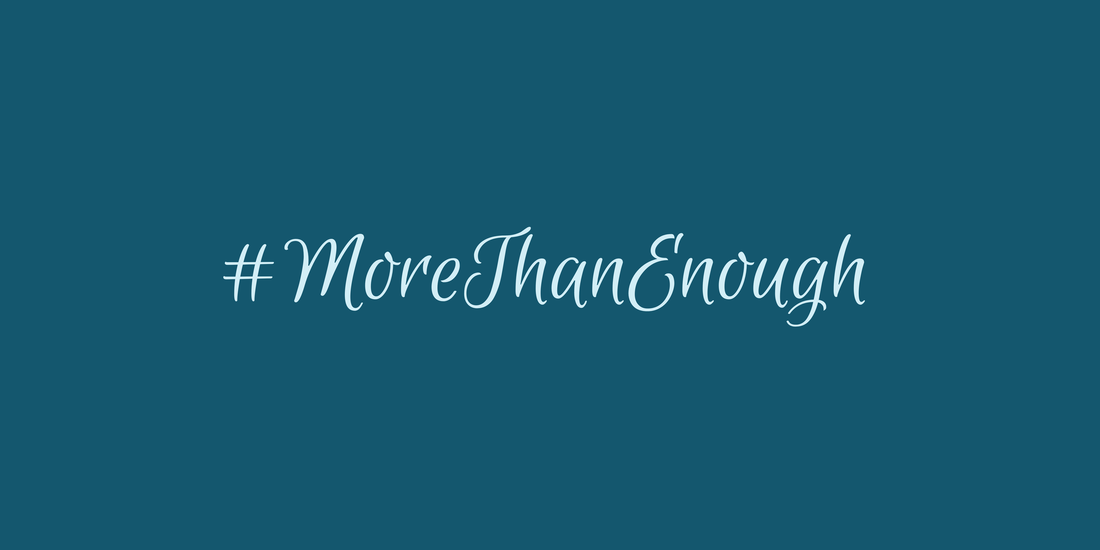|
The concept of safe spaces can apply to any number of things, from workplaces to homes to tourist destinations.
For youth in foster care, a safe space means more than a roof over their head. It means finding a place where the adults and other household members not only welcome them but accept them. It means feeling able to express their wants and needs and knowing that making a mistake won’t result in another move, more new faces, less safety. Safe spaces are vital for youth in foster care (and, truly, for everyone) but they aren’t always plentiful. It is up to the grown-ups – the caseworkers, foster parents, teachers, and mentors – to help young people feel and be safe. It is up to people like you. This Foster Care Awareness Month contact your county or local nonprofit to find out how you can help create safe spaces for the youth in foster care in your community. You don’t have to be a foster parent or a teacher or a mentor. You can donate luggage, school supplies, hygiene kits, etc. so that youth don’t feel quite so out of place when they get to a new space. Every little bit counts.
0 Comments
Not In My Backyard (NIMBY) is a phrase that typically describes a neighborhood’s objection to something they don’t want added to the area, such as low-income housing, shelters or group homes. It’s often a societal good that the residents support as long as it’s . . . elsewhere.
But I argue NIMBY could also apply to another neighborhood phenomenon: the blind eye. Many people assume that the hardest parts of society don’t happen in their backyard. Everything from crime to substance use to child abuse and neglect is thought to occur anywhere but where you are. Unfortunately, that’s just not true and hoping that your backyard isn’t home to something like child abuse means that you aren’t paying attention. You could miss someone in danger. There are children who have been abused and neglected in your neighborhood. There are children in foster care in your neighborhood. Don’t turn a blind eye. It’s your backyard. Recently, as a Fellow reflected on her personal to-do list, she mentioned a health concern – something that she had noticed but not acted on. It was the kind of issue that made her Mentor and RJLF staff sit up a little straighter, lean in and start asking pointed questions, even while the Fellow explained that it was the kind of thing she would typically ignore until she had no other choice.
Our concern was enough to convince the Fellow that this health issue needed to become a priority, regardless of the other items on her to-do list. It also gave the Fellow an opportunity to open up about her own concerns and fears. The Fellow has since made an appointment with her doctor, and we are all hopeful that the issue will turn out to be easily resolved. We – the Fellow’s Mentor and RJLF staff – have also taken from the situation an important reminder: Too often, individuals neglect their personal health in favor of the litany of other must-dos and needs on their plates. We assume that something is fine (or close enough) and can be attended to later. While that might work sometimes, there will inevitably come an issue that must be addressed – an issue where a delay could be dangerous. While we wish you all good health, we also encourage you to check in with your well-being today and every day hereafter. Don’t ignore your body. Take care of it. And talk about it, not just with your providers but with your support network. You never know what resources your friends and family may have, and you never know who may need to be reminded that their health is important, too. Be well. NAMI is marking 2023’s Mental Health Awareness month with the theme of More Than Enough.
So often, when individuals struggle with their mental health – whether depression, anxiety, PTSD, etc. – they withdraw. At RJLF, we see this often with our Fellows. They stop answering texts, miss meetings and share less and less, all because they don’t want to burden us with their struggles. It takes a great deal of sincere support to convince them that they are worthy of having – at the absolute least – someone they trust listen to them. And even when a Fellow knows in March that they can share and struggle and ask for help, to them it might not seem like they can again in May. Mental health can be cruel like that. It is important that all of us whether we struggle with mental health or not – but particularly individuals currently struggling – know that we are more than enough. We deserve love, support, and help no matter what. We are human. Take extra care this month to remind those around you that they are more than enough. Then tell yourself. You are #morethanenough. |
Categories
All
Archives
July 2024
|
|
1097 Street Road
New Hope, PA 18938 |



 RSS Feed
RSS Feed
